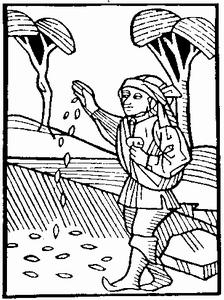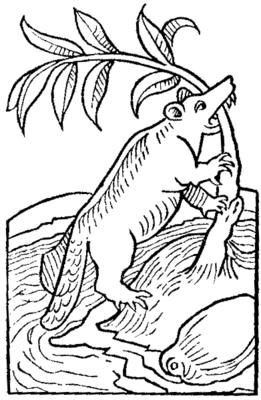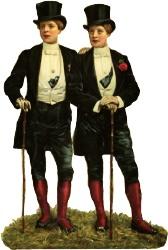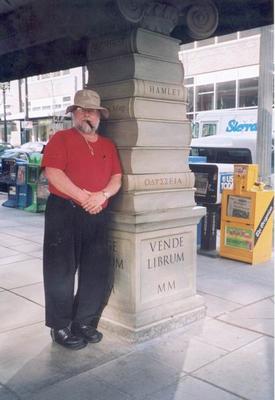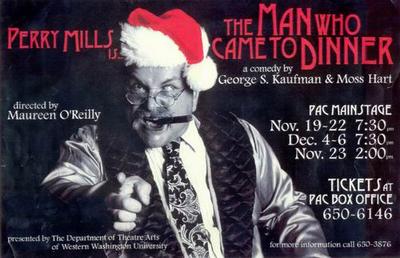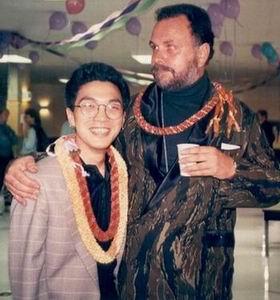One day in October 2004, immediately after a class session, I discussed with another student, Nick McLeod, a play he was writing for the class. Mr. McLeod wanted me to play a part in the play for a scene to be performed in class. He told me that the character needed to use a knife onstage as a prop and asked me if I had a suitable knife. I did not, but I told him that Professor Mills had a folding knife we might be able to use, and I askedProfessor Mills if he had the knife to show to Mr. McLeod. I knew that Professor Mills sometimes carried a pocket knife because I have seen him use a pocketknife in the past to cut holes in the ends of his cigars. Professor Mills said that he did have the knife, and he removed it from his pocket and opened it to show it to Mr. McLeod. Professor Mills said we could use the knife as a prop, and then he put it away. The knife was out of Professor Mills' pocket for less than 15 seconds, and at no time did Professor Mills brandish the knife in any remotely threatening manner. I was standing near Professor Mills and I was not at all frightened for my safety. There were other students in the area, but I saw no indication that any of them was afraid and certainly none were in any danger.
Declaration of Nicholas McLeod
One day in October 2004, immediately after a class session, I discussed a play I was writing for the class with Professor Mills and Mike Murphy, another student in the class. The play was called "Bagels and Balrogs," and included a discussion among the patrons of a bagel shop, who were debating the relative merits of the film and novel versions of the Lord of the Rings, by J.R.R. Tolkien.
I had cast Mike Murphy to play one of the characters in the play. The character was intended to be reminiscent of a "Hell's Angel," and have a rough, surly persona. I had written a scene in the play which called for the character to slice a bagel whilepassionately arguing a point about the film version of the Lord of the Rings. For dramatic effect, and to deepen the development of the character, the script called for the character to use a knife to hack the bagel into several pieces. I believed that the knife would need to be fairly large in order to convey the dramatic intent and a smaller knife would not be appropriate for the scene.
I asked Mike Murphy if he had a suitable knife, and he said that he did not. Professor Mills then told us that he had a pocketknife that might be appropriate, and removed his knife from his belt. He opened it and showed it to us, asking if we thought it would serve as a prop for the scene. We agreed that it would be an appropriate prop, and asked Professor Mills if we could use it for the scene. Professor Mills said that we could use the pocketknife as a prop.
When Professor Mills took out and opened the pocketknife, Mr. Murphy and I were within approximately arm's length of Professor Mills. I did not feel at all threatened, and Mr. Murphy likewise gave no indication that he was made uncomfortable by Professor Mills' actions. Professor Mills did not brandish the knife, point it at anyone, or make any gestures with the knife of any kind. I considered the discussion to be related to my coursework.
During the discussion with Mr. Murphy and Professor Mills, there were several otherstudents in the area, the class having not yet fully disbanded. None of the other students were as close to Professor Mills as I and Mr. Murphy, although other students were close enough to see that Professor Mills was showing us a pocketknife. No other students indicated any alarm or displeasure at the fact that Professor Mills showed us his pocketknife. I did not hear anyone say anything about the knife at all, and certainly no one seemed to be afraid.
